The unprecedented 2017 storm dumped more than 50 inches of rain on the Houston area, but as rain events and flooding become the new normal, new research is needed to respond.
Urban Edge
How a former landfill could help fight floods and reimagine a swath of southwest Houston
A proposal to transform a former landfill in southwest Houston into a mixed-use development with a flood control component recently caught the attention of statewide planners who recognized it for its contributions to resilience.
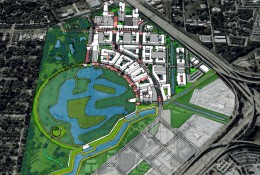
Federal report calls out civil rights inequities in Hurricane Harvey’s aftermath
In the wake of two historically devastating storms in 2017, financial aid from the Federal Emergency Management Agency and the U.S. Department of Housing and Urban Development contributed to an increase in wealth inequality.
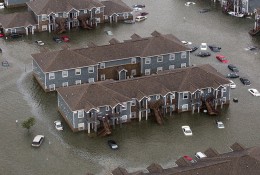
Water connects us, yet too often our region’s ongoing relationship with water presents itself as flooding that wreaks havoc and devastates all in its path. In the aftermath of Hurricane Harvey, many efforts have emerged to try to rebuild our relationship with water from one of harm to one of resilience.
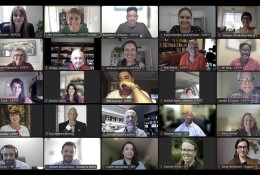
Natural disasters are increasingly common each year, affecting infrastructure and contributing to economic, social, health, and psychological hardships. When Hurricane Harvey hit Houston in 2017, it quickly amassed $125 billion in damages, displacing over a million people and their homes. Along with the economic toll of a disaster event, mental health concerns carry a cost that is difficult to measure.
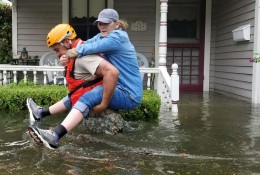
The Kinder Institute’s Urban Data Platform warehouses over 50 datasets related to Hurricane Harvey and its aftermath. These resources can help researchers, agencies and organizations work toward ways to prevent and withstand the worst effects of the storms to come.
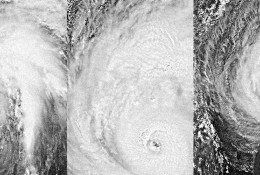
Physical Address
Rice University
Kraft Hall
6100 Main Street, Suite 305
Houston, TX 77005-1892
